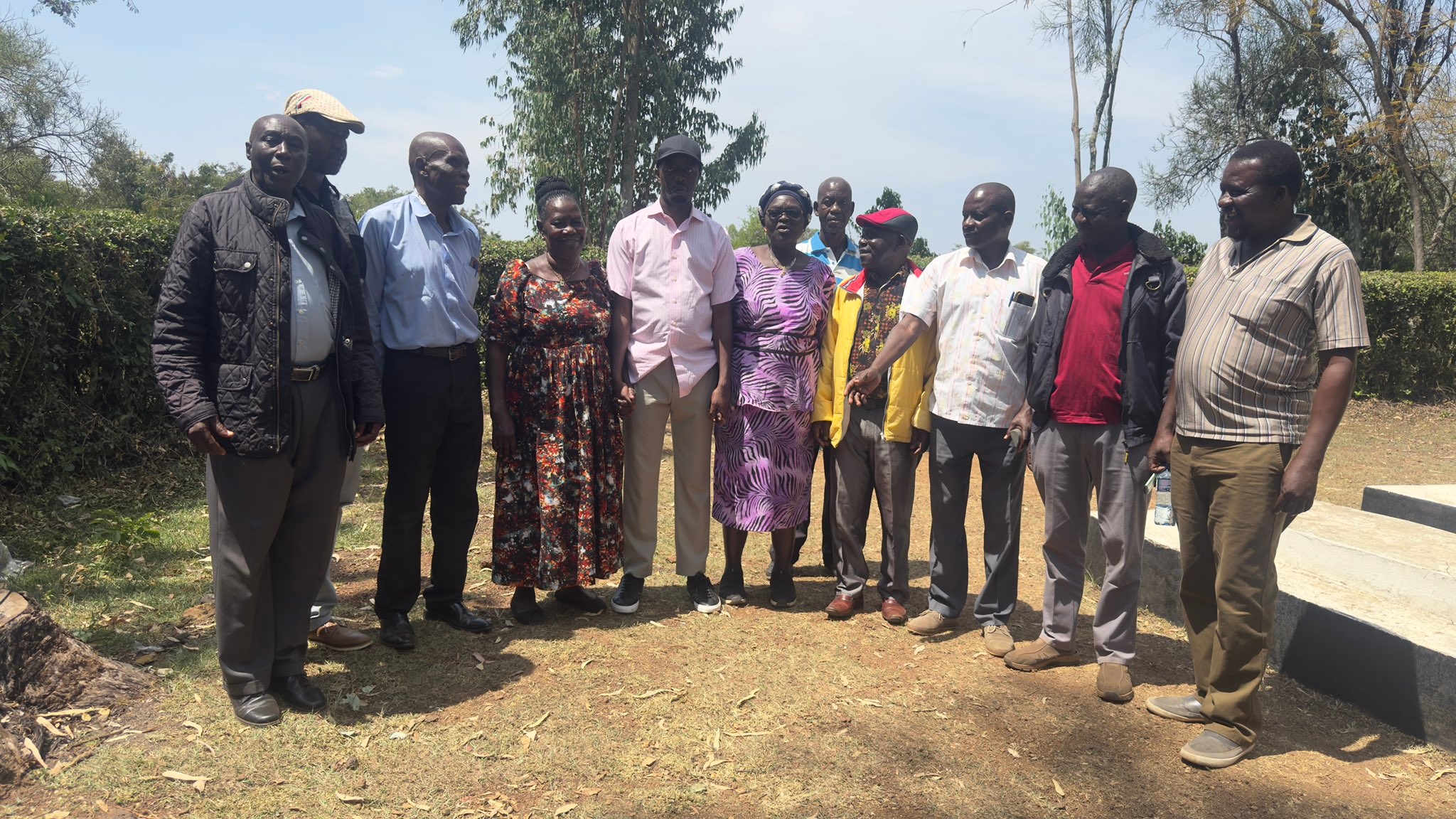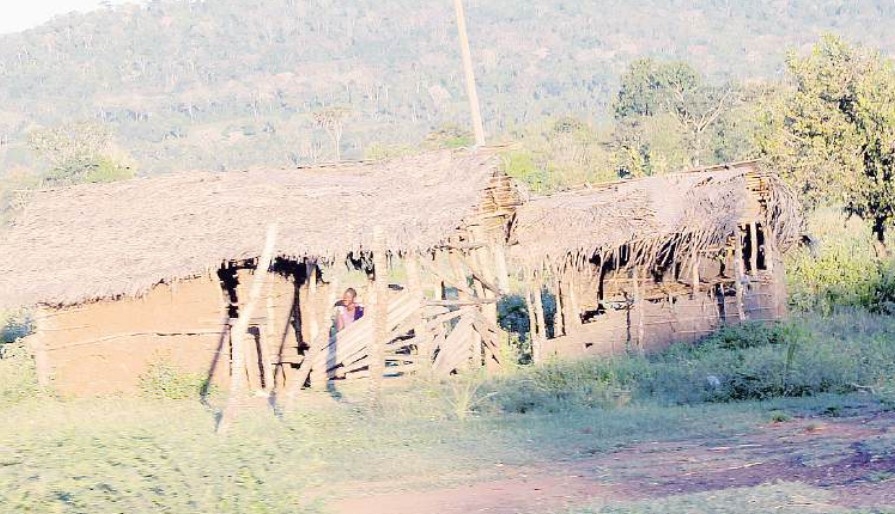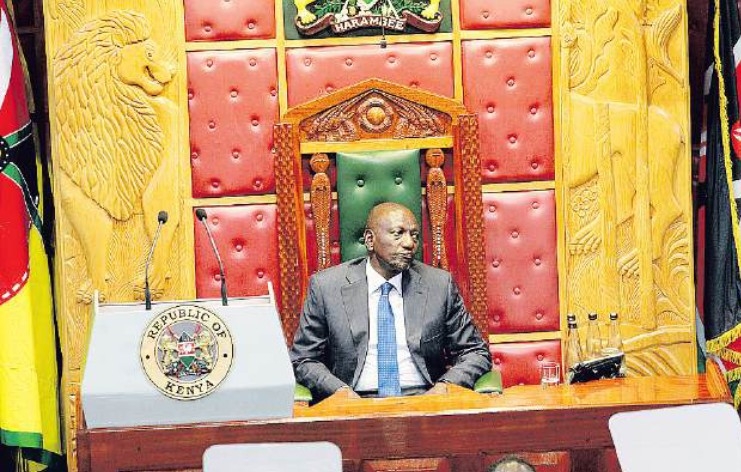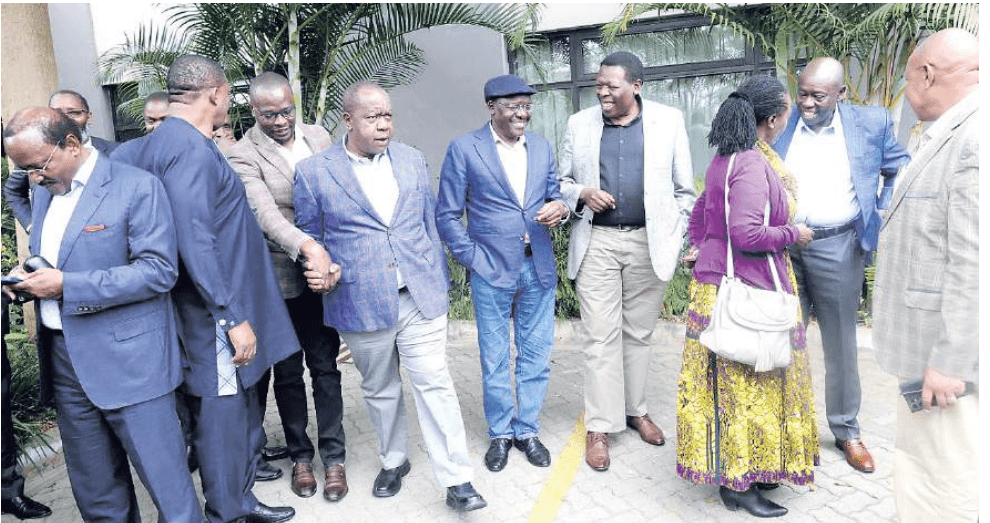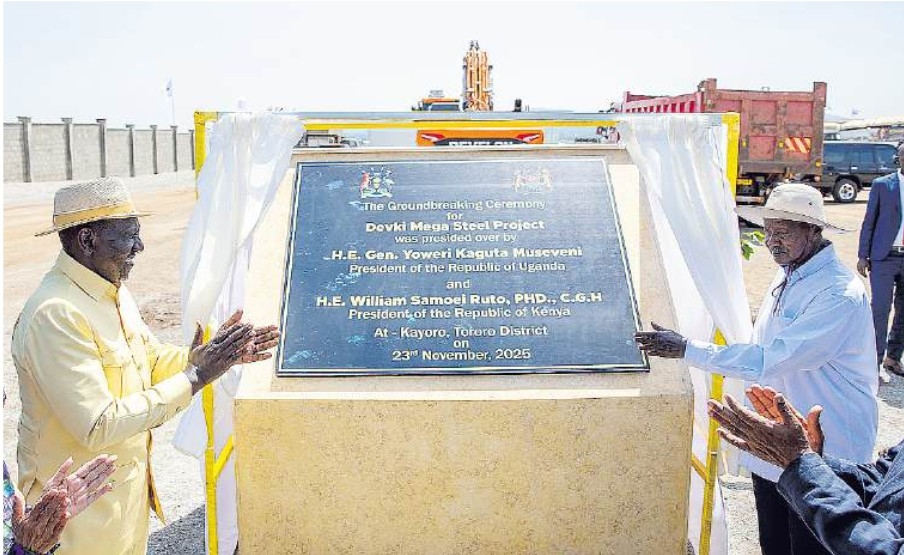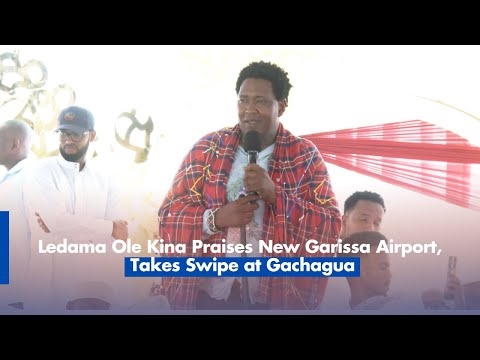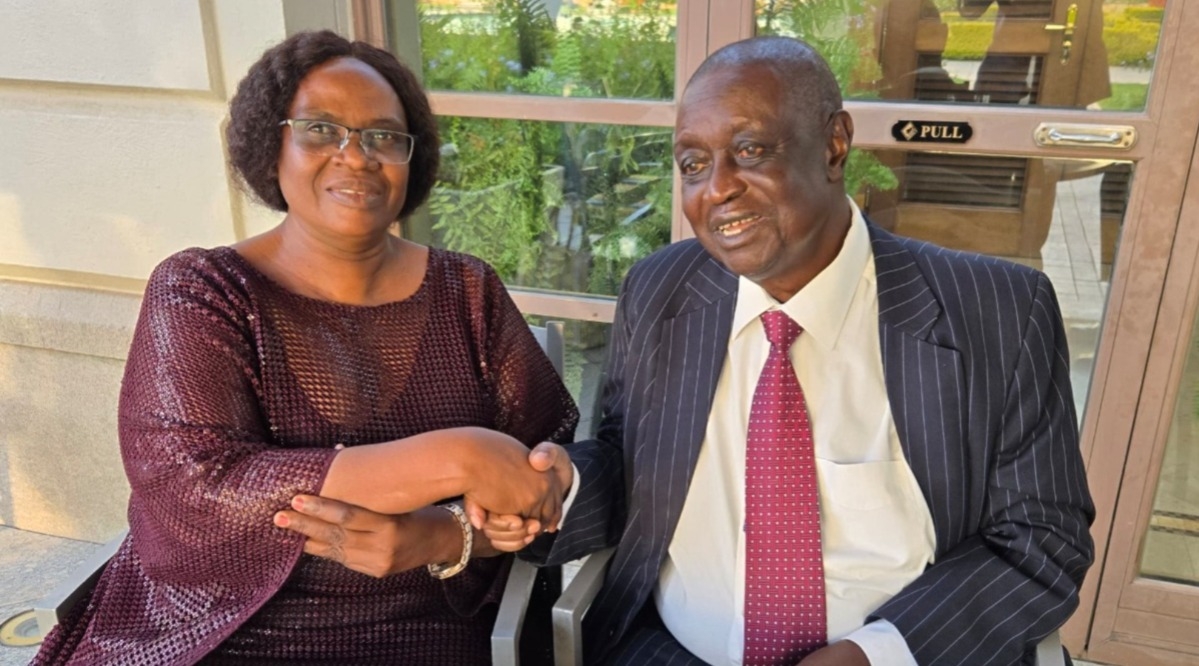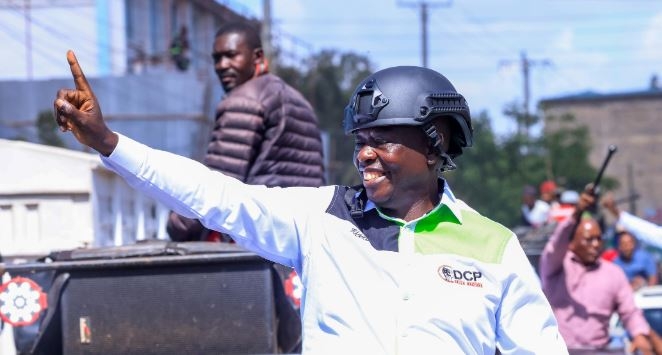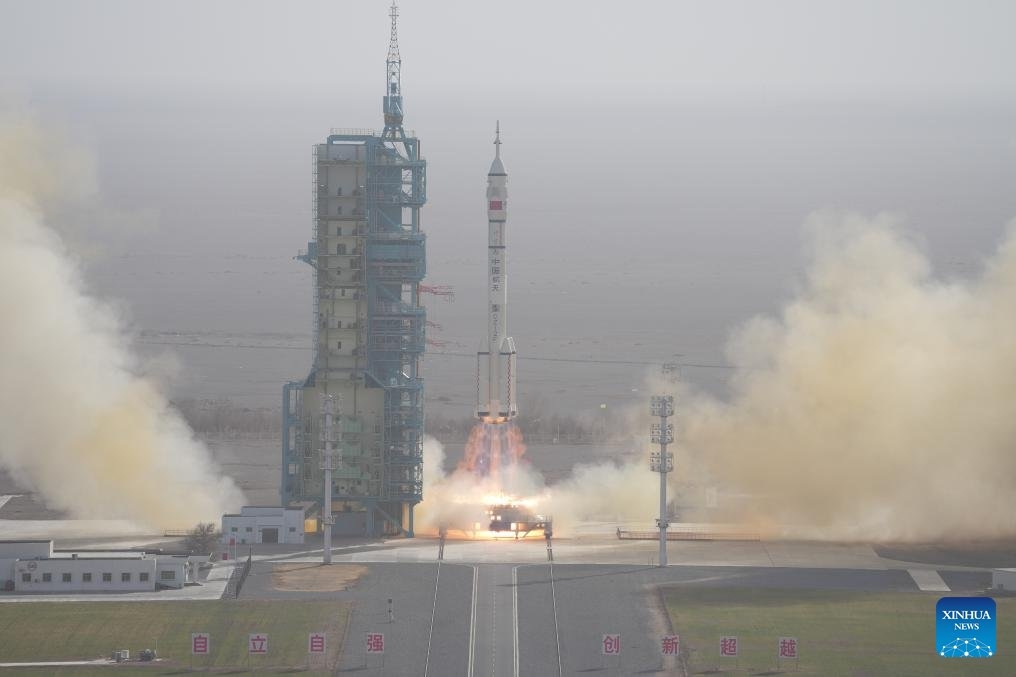One may judge the Mau Mau for the killings and atrocities they committed, but they are equally up in arms over misrule and neglect decades after Independence in 1963.
Interviews with surviving members and supporters in Meru found they are no longer proud of the fight to gain Independence. They did not anticipate that after kicking out colonialists by hook or by crook, they would be left suffering while the nation reels under poor governance and corruption.
The Mau Mau movement, which emerged in the 1950s, was the militant wing of a growing clamour for political representation and freedom in Kenya.
Wikipedia notes that the first attempt to form a countrywide political party began on October 1, 1944. The Mau Mau rebellion that led to a State of Emergency being declared was heavily dominated by the Kikuyu people as well as the Meru and the Embu.
The capture of rebel leader Field Marshal Dedan Kimathi on October 21, 1956, signalled the defeat of the Mau Mau.
The rebellion, however, survived until after Kenya's independence from Britain, driven mainly by the Meru units, led by Field Marshal Musa Mwariama and Gen Baimungi.
Baimuingi, one of the last Mau Mau generals, was killed shortly after Kenya attained self-rule.
Looking back, Mau Mau fighter brigadier Joseph Mwenda, 85, feels they have been short-changed and the country as a whole betrayed.
“We are seeing a reverse of what we fought for, a country run in total disregard of law, selfish leaders and corruption,” he said.
LEFT TO OWN DEVICES
Mwenda, the brigadier to the late Field Marshal Musa Mwariama, fought for freedom alongside Mwariama, who hailed from Lubuathirua in Muthara location, Tigania East constituency.
He spoke to the Star at his home in Kithithina, besides the cold ranges of Mt Kenya Forest. Mwenda said he has never benefitted from any government kitty or promised property, despite his sacrifice for the nation.
He urged the county and national governments to freely enrol the fighters on the National Health Insurance Fund.
“I was admitted in ICU in Embu after a stroke paralysed me. I thought I could never regain my memory. My family catered for the hospital bills. Is this the independence I fought for?” he asked.
“My message to Uhuru: the promise for Mau Mau fighters has never been fulfilled.”
Mwenda said a judge had sentenced Mwariama to five years in jail, which further angered Mau Mau warriors, who swore to continue with killings until his release unless they all die.
“Luckily we were summoned by Jomo Kenyatta in Nairobi and Mwariama was released. He had served one and half years in jail,” he said.
“We came out of the forest with a promise from Kenyatta we would be given land. I and others settled in the highlands of Mt Kenya after all other parts were already occupied by those who were not in the forest.”
Then Lands minister Harvester Angaine gave them land but not for free. It was issued as a loan they repaid over the next 30 years, Mwenda said.
“The Kenyatta government succeeded by Arap Moi never helped us. We were referred to as criminals,” he said with bitterness.
Mwenda is always glued to radio and TV stations in the hope that the President will one day recognise his sacrifice and invite him for honours.
WAR ON WHITES
Mwenda recalled how they drank the brains of white settlers (colonialists) to mark an oath of loyalty and determination for Independence.
He said fighters used beautiful girls to entice, get intelligence and penetrate white’s camps to actualise their mission of killing.
“The white man had powerful sniffer dogs and well-trained soldiers. We were slaves in our own land,” Mwenda said.
“Those of us who had participated in World War 1 trained the rest to use guns we stole from whites’ police stations. We utilised our wisdom and tricks to manoeuvre their territories and killed many.”
Mwenda said in 1952, when Kenyatta and others were arrested, the fighters vowed to revenge.
“The whites feared Kikuyu, Meru and Embu because they were relentless in the war. Some communities assimilated and others betrayed us in the war,” he said.
“We had a long journey of eight years in the forest, shifting from Nyambene, Nyaga, Nyandarua and Mt Kenya. The whites killed many of us, thinking it was Mwariama. Mwariama was tall, big, gentle and fearless. He got the name Mwariama after he told his colleagues he must knock down and kill the strongest white who was perceived the worst, and he killed him.”
Mwariama’s son Joel Mwariama concurred with Mwenda, pleading with President Uhuru Kenyatta to consider the families of Mau Mau heroes.
He said his father was a committed warrior who never looked back until the nation was free from colonialists, but the freedom fighters suffer poverty, poor roads and lack of jobs for their children.
“They wasted their productive time in forests. President Uhuru Kenyatta announced at Timau to recognise fighters' families. If Raila (Odinga, former Prime minister) can receive millions from the government, why can’t our families benefit?” Joel said.
“My father died a poor man. We witness hatred, tribalism and rampant corruption that has robbed the nation of the fighters' core mandate and commitment.”
My father died a poor man. We witness hatred, tribalism and rampant corruption that has robbed the nation of the fighters' core mandate and commitment
BLACKS ALSO KILLED
Mwenda said they had trusted elders in every district to monitor and help them recruit able young men, and those who refused were equally killed.
“In any war, killing is not a sin because we killed the enemy," he said.
The freedom fighter married in his 40s because they had no time for women while in the forest.
“God was with us. When we prayed, our prayers were answered instantly. If you pray, pray without jokes or ceasing,” Mwenda advised.
He laughed off youths of nowadays for what he termed their cowardice and lust for money and quick acquisition of wealth.
Mwenda hailed Meru Governor Kiraitu Murungi’s announcement to name some Meru streets after Field Marshal Musa Mwariama and Baimungi as a great step, but said they need monetary recognition and jobs for Mau Mau children.
“Does Kiraitu know the family of Mwariama and I and other Mau Mau warriors have never benefitted? Most fighters were loaned very small land portions in Timau and near Mt Kenya forest. Some of us were shot, others hanged fighting for Independence, but their families are living in abject poverty," he said.
Mwenda said county and national governments verbally recognise freedom fighters and promise their families heaven but they die without a coin.
M’Muthuri wa M’Nturimbitu recalled how his mediation skills during crises earned him the nickname 'Brake'.
“I only get Sh1,000, whereas my wives and children do not get a single coin. I was in Baimungi’s soldier’s camp. I ask the government to identify the living fighters and give them stipends,” he said.
“The land I occupy was on loan. If one never paid, you were evicted. What is my family proud of in the government we fought for?”
Mukuunga Liili from Kiambogo near Mt Kenya Forest lamented living in poverty despite being an informer and cooking for the Mau Mau fighters.
“Our children never got a chance for education. No modern shelter. It is painful for us to live in poverty like hyenas in the forest,” she said.
Agnes Karuki said she feels like cursing the government for the wanton corruption and poor leadership exhibited in the country.
"We don’t see the real leadership we demanded. There is corruption and little tangible developments reach mwananchi,” she said.
Edited by T Jalio





